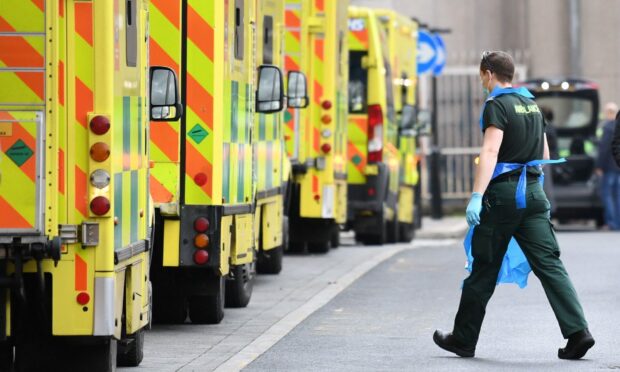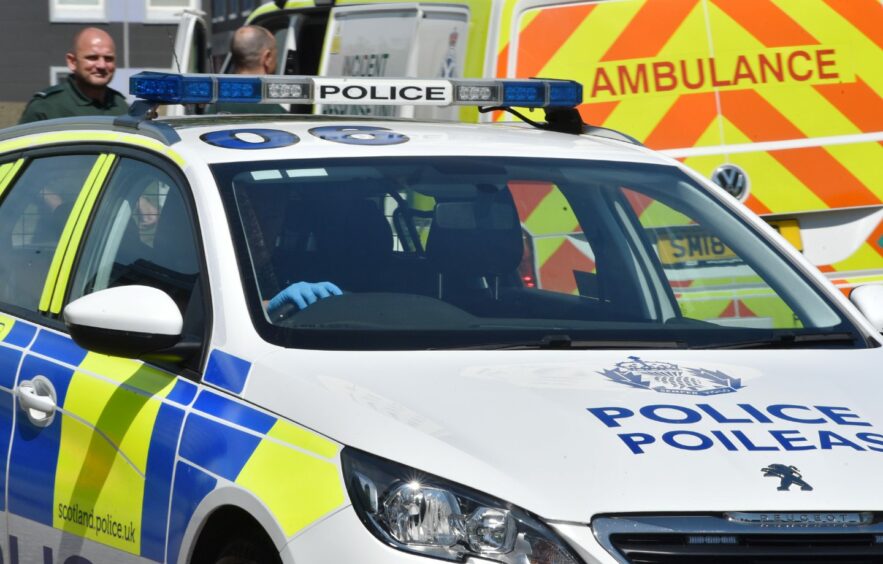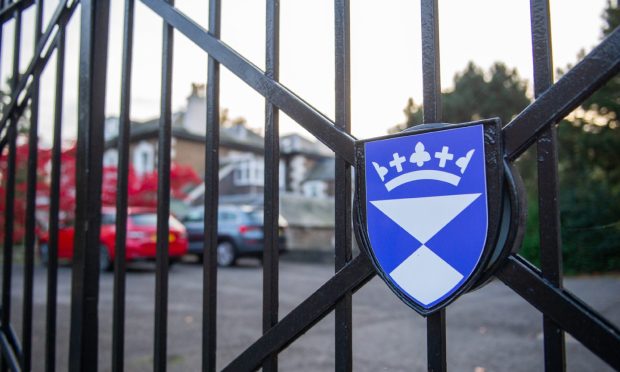Attacks on emergency services in Dundee have increased almost 25% in the last year.
A new report from Police Scotland shows that in between April 1 and June 30 2020, there were 77 attacks recorded.
This has increased to 96 in the same period during 2021.
SFRS senior officer Stephen Wood said: “Any attack on any emergency service worker is unacceptable. It is important that they can carry out their duties as safely as possible.
“Firefighter safety is of paramount importance to the Scottish Fire and Rescue Service and we are committed to helping to keep all of our employees safe.
“The SFRS takes a zero tolerance approach to anti-social behaviour towards firefighters and will continue to work closely with our Police Scotland colleagues to ensure the safety of all emergency services workers.
“Our firefighters and community action teams have been and will continue to work extremely hard to engage with the public and promote safety messages.”
Drug problems growing
This comes as reports show that drug supply offences in Dundee were up 44% for the period of April-June this year, compared with the same period in 2020, when the country was in its first lockdown.
Officers also say drugs and alcohol were a factor in more than a third of serious violent crimes recording during that period.
Speaking at the Dundee City Council Community Safety meeting on Monday, Cllr
George McIrvine said: “It’s clear the big issue if the possession and supply of drugs.
“Pre-Covid, Dundee was above the Scottish average. It’s a historic issue that needs to be addressed.
“When I look at the statistics, I see the biggest increases in Coldside, Lochee and the East End, which are the three poorest areas in Dundee.
“Is there a correlation that we can make between these three poorest areas and the supply and possession of drugs?”
Chief Superintendent Phil Davison agreed, adding they were looking at the drug supply issue with other partners.
He added: “We are working to make a positive impact and make changes to have real, long-term benefits.
“It’s not just about enforcement, but around providing support and long term changes.”












